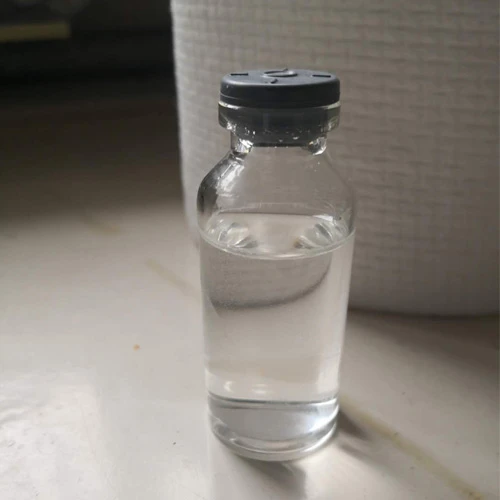

Quality assurance in API production remains a pivotal factor driving market success. The integration of advanced analytical techniques such as High-Performance Liquid Chromatography (HPLC) and Nuclear Magnetic Resonance (NMR) spectroscopy ensures the consistency and purity of APIs. These sophisticated methods facilitate real-time monitoring and quality control, minimizing the risk of contamination and ensuring patient safety. By prioritizing quality assurance, manufacturers enhance their reputations, fostering long-term trust with stakeholders. Patient-centricity is becoming increasingly central in the realm of APIs. The focus is shifting from mass production to delivering customized solutions that address specific patient needs. Tailored APIs, particularly in the context of orphan drugs and rare diseases, are gaining traction. Personalized APIs foster improved therapeutic outcomes and patient satisfaction, marking a significant step forward in precision medicine. The digital transformation within the pharmaceutical industry extends to the API sector, revolutionizing how data is managed and utilized. Cloud computing and advanced data analytics facilitate seamless collaboration among research teams, enhancing the speed and safety of API development. The adoption of blockchain for secure data sharing ensures transparency and integrity in the API supply chain, building trust and reliability among industry players and consumers. Moreover, strategic collaborations and partnerships are becoming the norm, propelling innovation in API production. Pharmaceutical companies are increasingly forging alliances with academic institutions, research organizations, and tech companies. These collaborations foster an exchange of knowledge and resources, accelerating breakthroughs in API technologies. By pooling expertise and technological capabilities, these partnerships drive the development of novel APIs, ultimately benefiting patients and the broader healthcare ecosystem. In conclusion, the pharmaceutical API sector stands at the cusp of transformative change. With advancements in AI, biotech, green chemistry, and digital technologies, alongside evolving regulatory frameworks and strategic collaborations, the API landscape is set for unprecedented growth. Pharmaceutical companies that successfully navigate these changes, prioritizing innovation, quality, sustainability, and patient-centricity, will lead the charge in shaping the future of global healthcare, delivering safer and more effective therapeutic solutions to meet the needs of diverse patient populations worldwide.
Next:

